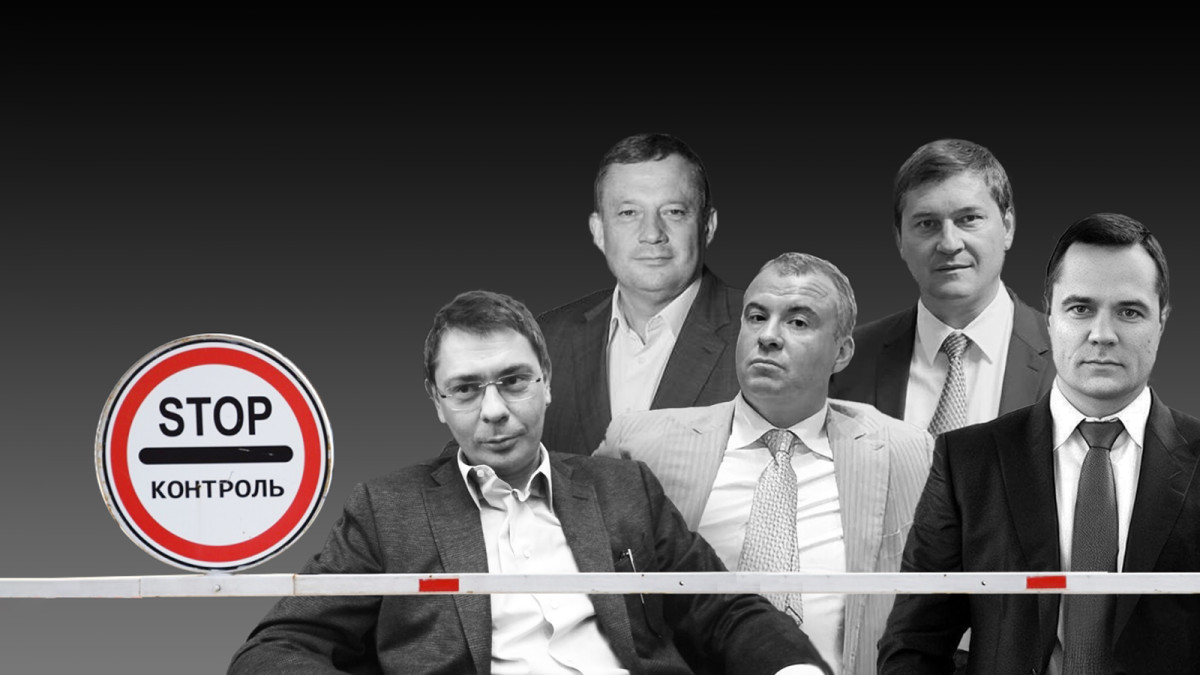

This spring, Ukrainian media were awash with stories about how one of the key suspects in a NABU investigation under Clean City Operation managed to escape abroad.
In fact, he is far from the only one. Crossing the border to avoid criminal liability is no longer an isolated, unprecedented occurrence—it has become a pattern. According to the HACC, as of March 2025, 35 out of 292 cases, nearly 12%, are being considered in the absence of the defendants because they are evading court.
Some leave the country legally, like former MP Dmytro Kriuchkov, who is accused of embezzling over UAH 1.5 billion from Cherkasyoblenergo and Zaporizhiaoblenergo and qualifies as a father of multiple children. Others use more unconventional methods, like Dmytro Komarnytskyi, who traveled accompanied by a vehicle marked “Cargo 200.” Some, like Viktor Sysa, the forestry enterprise director convicted of offering a bribe to a NABU detective, left after allegedly being mobilized into the Armed Forces of Ukraine.
This list includes many other prominent and rather notorious figures—Yaroslav Dubnevych, Oleksandr Onyshchenko, Oleh Hladkovskyi, and many more.
All of this points not only to the creativity of HACC defendants, but also to systemic flaws in Ukraine’s law enforcement infrastructure—from issues within the State Border Guard Service to interim measures that often fail to stop escapes, and the challenges of extraditing convicted corruption offenders.
How do suspects in corruption cases manage to flee the country? Why do interim measures often fail to prevent escapes? What’s wrong with electronic bracelets? And how can those convicted of corruption be more effectively returned to Ukraine?
We took a close look at the cases of suspects fleeing Ukraine in corruption proceedings, identified some common patterns, and even found a few reasons for cautious optimism when it comes to future extraditions, especially with stronger international cooperation and improved domestic mechanisms for preventing escape. A detailed analysis is available in our article on Anti-Corruption Court monitoring platform, HACC Decided.
The fact that so many suspects in HACC cases have fled abroad to escape accountability highlights not only their ingenuity but also systemic flaws in Ukraine’s law enforcement infrastructure—from issues within the State Border Guard Service to interim measures that often fail to stop escapes, and the challenges of extraditing convicted corruption offenders.






